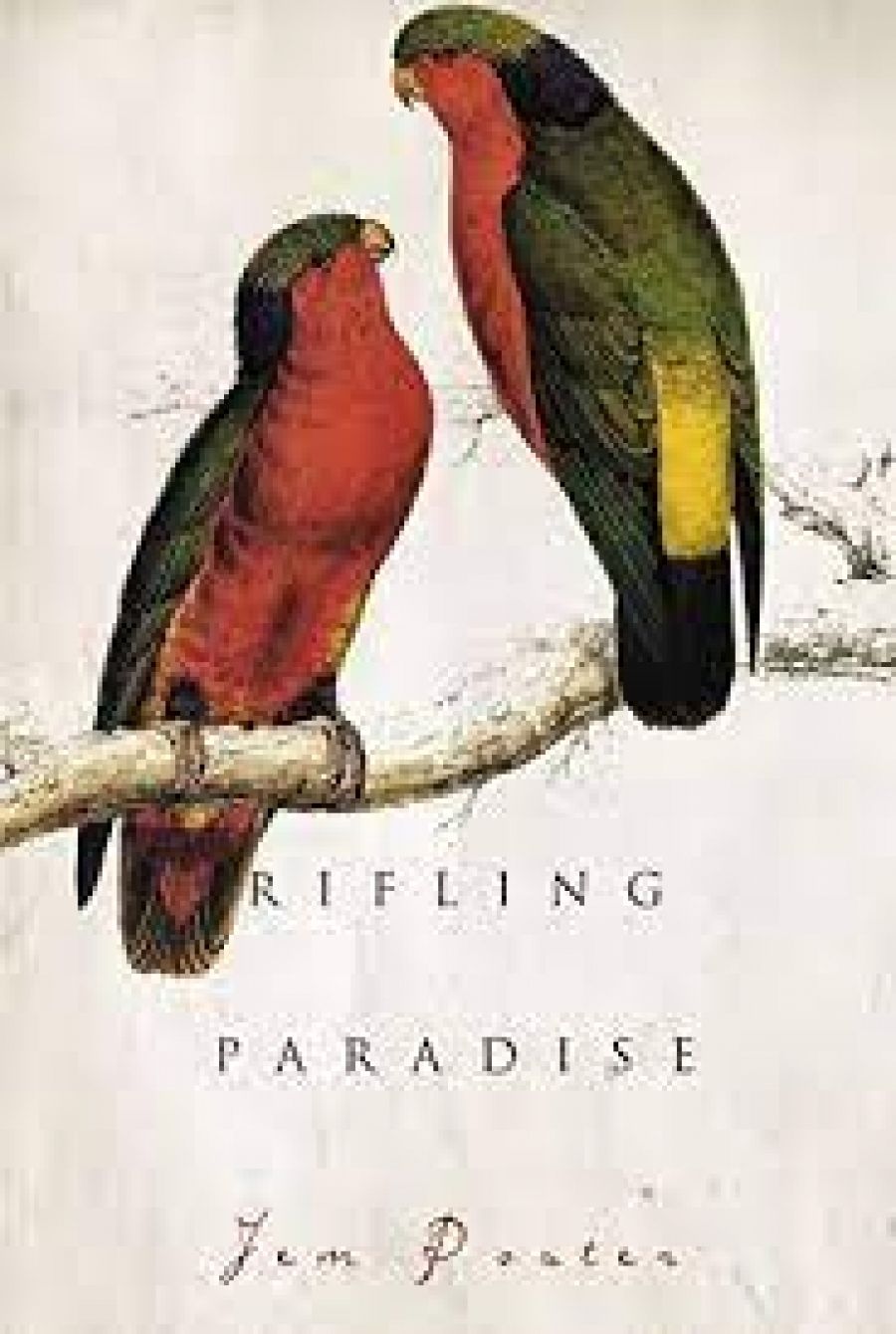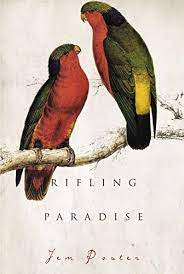
- Free Article: No
- Contents Category: Fiction
- Review Article: Yes
- Article Title: Change the sky
- Online Only: No
- Custom Highlight Text:
I love travelling overseas. I like the whole flying thing: the taxi ride to the airport wondering what I forgot to pack, the queuing at check-in, the thrill of getting through security. Then there’s the flight itself. The rush of take-off, the first free drink, the little plastic tray with little plastic dishes and plastic knives and forks – just like a picnic in the clouds. Whether the destination is familiar or exotic, I like arriving, too. But one thing I have learned over the years is that no matter where I go, I’ve been there before. Different airport, same old Nick. It must have been much the same two thousand years ago when the Roman poet Horace wrote Caelum non animum mutant qui trans mare currunt – Those who fly across the sea, change the sky but not the me. In the nineteenth century, though, if we are to believe Jem Poster, things were very different.
- Book 1 Title: Rifling Paradise
- Book 1 Biblio: Sceptre, $32.95 pb, 288 pp
- Book 1 Cover Small (400 x 600):

- Book 1 Cover (800 x 1200):

Rifling Paradise is set in an undefined year in the late 1800s. Charles Redbourne is beset by the ennui that only another inheritor of a small country estate can ever fully understand. When the local yokels get upset over his misjudged dalliances with some village youths, he decides a change of skies might be politic. Tickets are bought, introductions sought, and we soon find Charles in the antipodes, ready for adventure. But here, strange things are afoot. In England, it was easy for Charles to avoid encounters with the opposite sex; in Australia, attractive young women are paraded before him at every turn (yes, attractive – can Charles himself be turning?). One particular young lady intrigues him (and us) with art and heavy hints of incest.
The Blue Mountains beckon. Charles, who has decided to adopt the fashionable role of amateur naturalist, sets off with gun and dissecting tools in hand. To help him on his journey he takes into his employ the boorish and callous Bullen and the young and beautiful Billy (yes, young and beautiful, with ‘a tangle of black curls’ and moving ‘lightly with a dancer’s grace’ – can Charles be turning back?). Bullen is the sort of chap who shoots everything that moves and rips baby wallabies from their mothers’ teats before crushing them under the heel of his boot. The lovely Billy is more the nurturing type. With his crippled but strong-hearted white father making a garden in the bush, and an Aboriginal mother who left him as a child to go walkabout in the great beyond, he is in touch with both the soil and spirit world – a sort of noble savage, if you like, but without the savage bit. So the scene is set, the characters assembled. On with the play.
Jem Poster’s writing is assured and well crafted. Though clearly modern in style, it captures the feel of nineteenth-century prose and dialogue. The tale unfolds as both narrative and allegory. The allegorical Bullen is a caricature of nineteenth-century British colonialism, while the lovely Billy is the native guardian of the land, and there are no prizes for guessing whose side the author is on. The narrative is a sort of bush adventure; I will not reveal the plot here. But the allegory drives the plot, and for me this is the weakness of the book. Give me a good story first, then let me work out the nuances. After a strong start, the characters seem to lose touch with reality, so that dreams become as important as action. As the title suggests, guns and shooting are a feature of this book, but its author seems confused on the subject. Shotguns are what collectors use; I have yet to meet the shooter who can bring down a pair of parrots with a right and a left from a double-barrelled rifle.
Adventures over, we return to civilisation – and women. It seems that Horace got it wrong. For Charles, a change of skies has not only resulted in new insights on British colonial policy but a change of sexuality. If only the Marquis of Queensbury had known about this and sent Bosie over at the same time; think how history and literature might have been changed. This was the puzzle I was left with, one that I do not imagine the author intended.
At the start of this book I thought I was going to enjoy it. Two-thirds of the way through I made a note to myself, ‘Where are we going? Why?’ At the end of it, I didn’t much care.


Comments powered by CComment